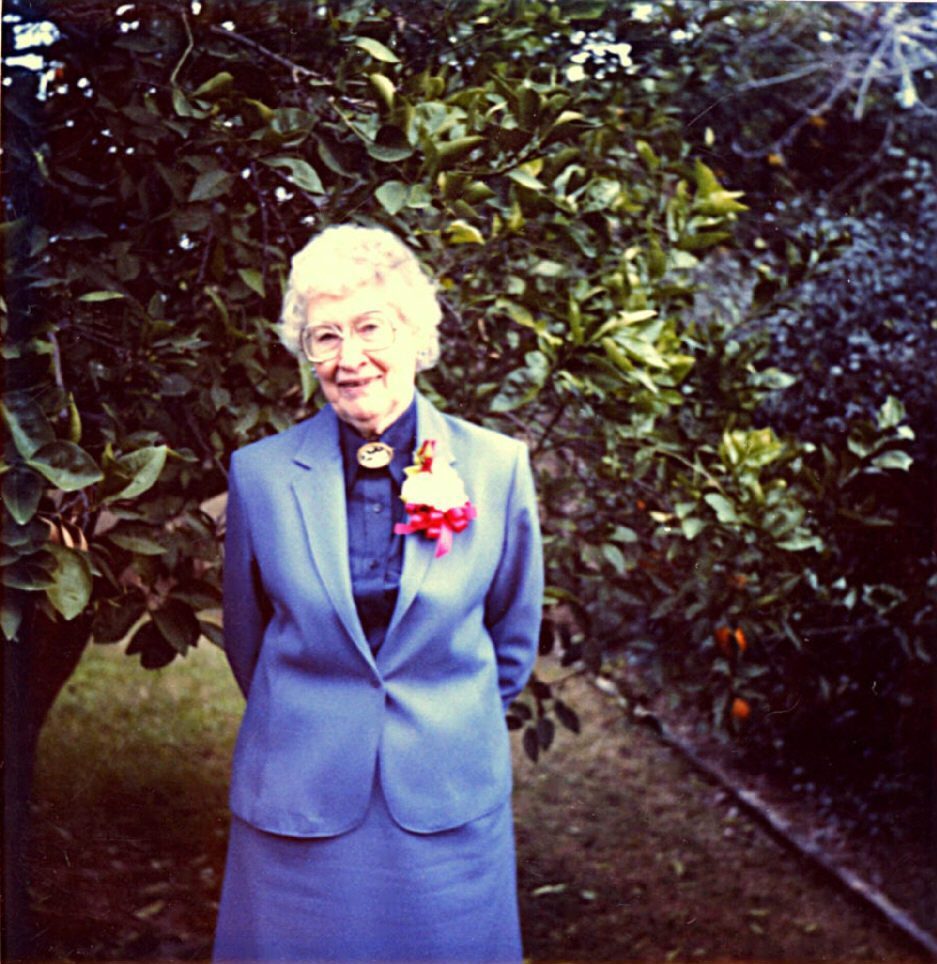One Donor’s Mission to Support Students with Learning Disabilities
By Robyn Murray
While Margaret Kennedy was working as a teaching assistant in California, she met a young boy named Harvey.
“He was the sweetest, kindest kid you would ever want to see,” Margaret recalled. Margaret was teaching a reading group with about a dozen students, including Harvey. On the first day of class, another student looked over at him and said, “Oh, this must be the dumb group, because Harvey’s in here.”
Nearly 60 years later, Margaret still remembers Harvey’s face, as clearly as if it had happened yesterday.
“That kid was just crushed, right in front of me,” she said. “It made such an impression on me. And I didn’t know what to do. I didn’t know anything about learning disabilities or what was going on. I didn’t have the background.”
After working with Harvey, Margaret realized he had a memory processing disorder — she would work with him one day and he’d be right on target, but the next day he’d have forgotten everything he learned. Margaret was determined to help him.
“I never forgot it,” Margaret said. “I wanted to go back to school to address problems like that, so that children don’t have to be abused and bullied because of something that they have no control over.”
“I credit the success of my journey to the outstanding instruction and opportunities afforded me by UNO.”
Margaret Kennedy
Margaret’s passion led her to enroll at the University of Nebraska at Omaha. While she had already begun her education at Temple University in Philadelphia, where she grew up, she hadn’t completed her studies because her husband, who served in the armed forces, was frequently transferred. But by 1974, at age 38, she had settled in Omaha and was determined to pursue her calling with no further interruptions. In 1976, she successfully completed her bachelor’s degree in elementary education and started teaching second grade at Minne Lusa Elementary School in Omaha.
A few years later, Margaret pursued her master’s degree, majoring in both reading and learning disabilities. She then taught English and reading at Burke High School before moving to California and continuing to teach there.
Throughout her 30-year career, Margaret established specialized reading programs and developed hands-on teaching techniques, such as writing words in clay to establish muscle memory. In California, she taught elementary school and then English and reading at the high school and community college levels.
“High school is often the last chance for at-risk students to become successful adults,” Margaret said, “and language instruction is the key to helping them succeed.”
As a mentor teacher, Margaret counseled other staff members in techniques to reach struggling students. She helped hundreds of students and was recognized for her success with a promotion to department chair.
“I credit the success of my journey to the outstanding instruction and opportunities afforded me by UNO,” Margaret said, adding that the practical experience she received at UNO gave her a strong foundation that was lacking among teachers in California.
Today, 20 years retired, Margaret is continuing her lifelong passion for helping others by establishing an estate gift to support special education students at UNO. The Margaret Z. Kennedy Special Education Scholarship Fund provides scholarship support for students who are passionate about helping children with learning disabilities, ensuring that Margaret’s vital work to help students like Harvey continues with the next generation.
“I want to do something that’s going to help somebody who really needs it,” Margaret said. “That’s my motivation.”


